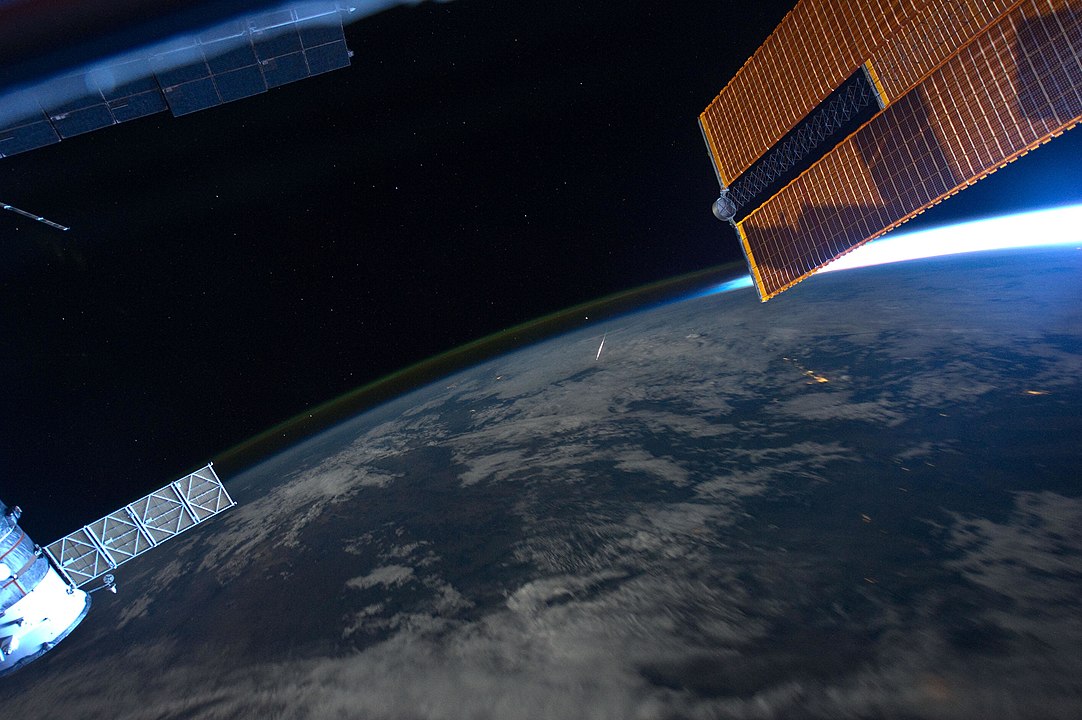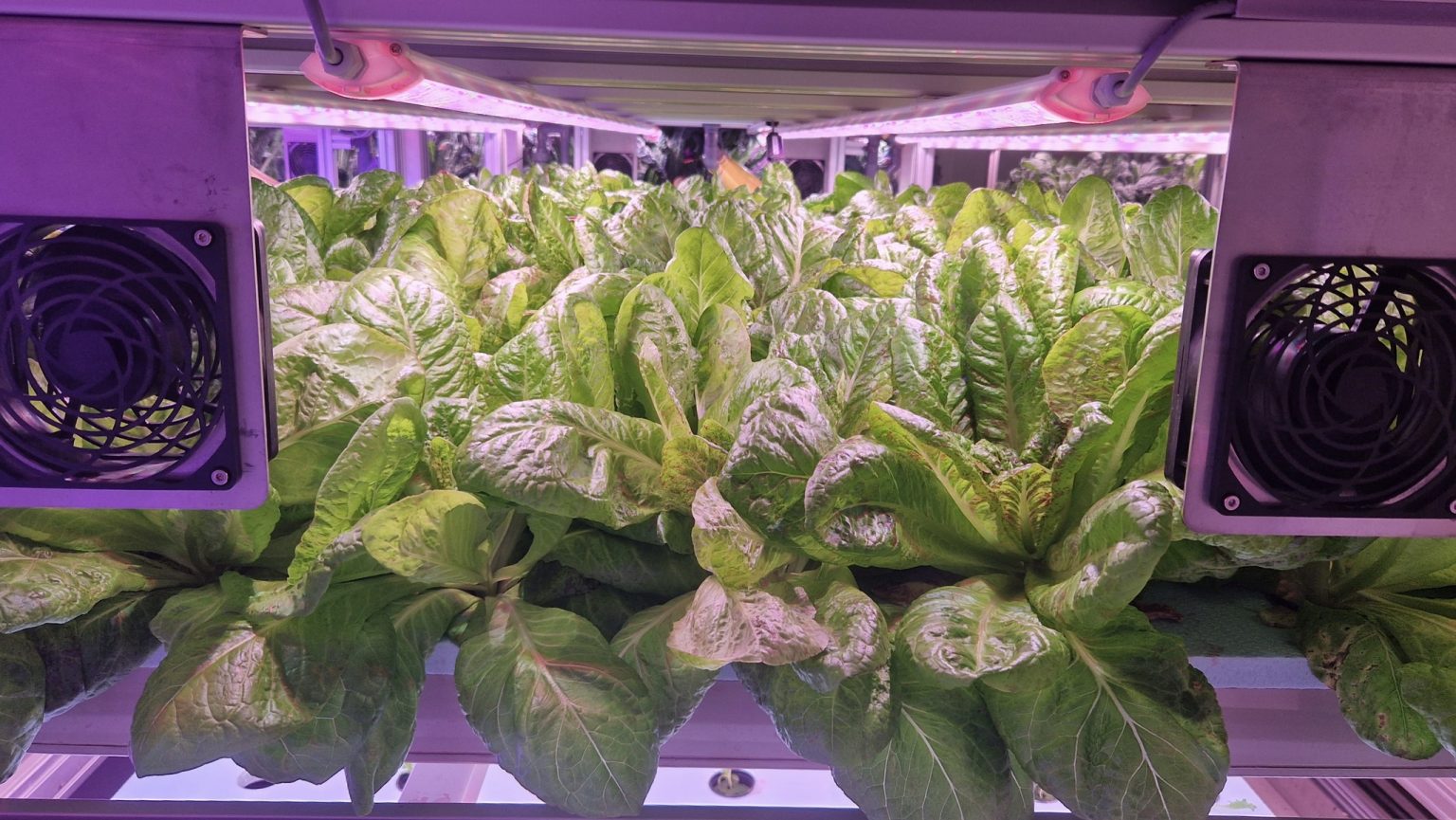
Axiom Space’s Ax-4 mission had been targeted to launch in October this year.Continue reading


Easy Branches allows you to share your guest post within our network in any countries of the world to reach Global customers start sharing your stories today!
Easy Branches
34/17 Moo 3 Chao fah west Road, Phuket, Thailand, PhuketCall: 076 367 766
info@easybranches.comThe Mission Possible space mission has reached a milestone: a large number of plant, animal and human cells will be sent into space, enabling further studies, including cancer research. According to the latest reports, the seeds brought back to Earth

The Mission Possible space mission has reached a milestone: a large number of plant, animal and human cells will be sent into space, enabling further studies, including cancer research. According to the latest reports, the seeds brought back to Earth will be used to plant forests, but the analysis of the samples could also have implications for energy supply, Index writes.
The Genesis 1,000 Samples to LEO & Back to Earth mission is a ground-breaking series of biological space experiments being conducted by Genesis Sustainable Future Limited (Genesis SFL) thanks to international collaborations after almost two years of preparation. The company had previously (2022-2023) received funding from the European Space Agency (ESA) to develop portable laboratories, as Index reported in July.
“The mission will involve launching 1,000 biological samples into low Earth orbit (LEO) using so-called CubeSat satellites.
The goal is to improve our understanding of how conditions in space affect biological organisms, contributing to broader goals of space biology and the potential for future space colonization,”
Bence Mátyás, researcher and founding CEO of Genesis Analytics told the portal.
Biological experiments are traditionally conducted on the International Space Station, which is in orbit about 420 kilometers from the Earth’s surface. In contrast, the Genesis SFL mission will take place at an altitude of 800 kilometers, where biological samples – including human and mammalian DNA, plant tissue, small seeds, algae, fungi and yeasts – will be exposed to higher levels of radiation.
Combined with the microgravity environment, this mission will provide a unique scientific playground for new discoveries in the fields of biomarkers, agriculture, medicine and other important areas of space biology,
added Bence Mátyás.
In the heart of Budapest, we are working with the ORION and @Genoplant teams to develop a fully autonomous vertical farm for long-term space missions. The project, called Colonizational Plants, will send thousands of seeds into orbit aboard MayaSat-1 as part of Mission Possible… pic.twitter.com/NYdSr1UEN8
— Bence Mátyás (@MarsDoktor) September 5, 2024
The project provides the opportunity to observe how cells grow and change in extreme environments, i.e. which biological samples can survive in space and how they react to the conditions there.
It is a revolutionary breakthrough that the samples will return to Earth and enable further research that can be used by research and development departments in various fields of science.
“Thanks to the return of the samples, it will be possible for the first time to preemptively assess what astronauts preparing for space can expect without being test subjects themselves,” emphasized Bence Mátyás. Further studies could also help to treat currently incurable diseases such as cancer or early indicators of type 2 diabetes.

Photo: Facebook/Genesis Sustainable Future Ltd.
The Orion Space Generation Foundation will also be working with Genesis in the future to develop the technologies needed for space colonization, with a focus on creating sustainable environments that will enable long-term human life beyond Earth. A key element of their research is the development of life support systems that ensure a continuous supply of air, water and food in a confined environment. This also includes the development of technologies for space agriculture that enable earth-free plant production in space.
Our goal is not only to achieve valuable research results, but also to plant forests on Earth from seeds that have traveled through space. We plan to create unique parks throughout Hungary, which will also contain elements of space education. We are currently looking for the most suitable locations for this initiative,
emphasized Anett Fenyőfalvi, President of the Foundation.
Overall, the efforts aim to make space habitats self-sufficient and sustainable for human presence in the long term. The collaboration between Orion and Genesis SFL as part of Mission Possible is an important step towards understanding the potential of space farming, concluded Bence Mátyás.
Our CEO, Dr. Bence Mátyás, shares his personal story about the company’s journey from the lab to low Earth orbit. https://t.co/OLwyV86aMx
He openly talks about the challenges and successes they faced. While partners are mentioned, this piece is meant for transparency and…
— Genoplant (@genoplant) August 16, 2024
Via Index, Ungarn Heute; Featured image via Pixabay
The post Mission with a Hungarian Twist: Seeds from Space for Planting Forests appeared first on Hungary Today.